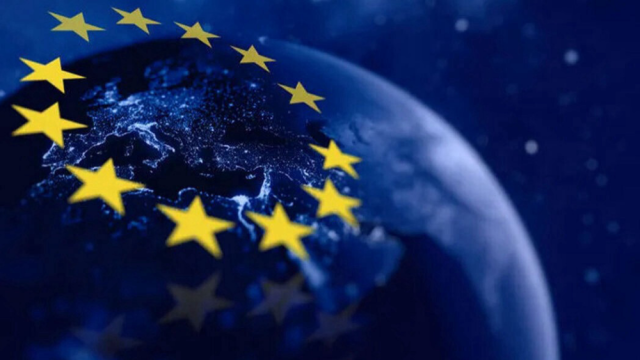Eu Member States Have Taken Steps To Create The Artificial Intelligence Act.
- Posted on February 4, 2024 7:27 PM
- Cryipto News
- 839 Views
The approval on February 2 was achieved with the withdrawal of objections from France and Germany regarding the Artificial Intelligence Act.

The European Union (EU) has strengthened its regulatory framework for artificial intelligence (AI) by having member states vote to approve the final text of the Artificial Intelligence Act.
Thierry Breton, the Commissioner responsible for the Internal Market in the EU, confirmed that the political agreement reached in December 2023 was endorsed by all 27 member countries. In a post on the social media platform X, he noted that the AI Act is a global first.
The Artificial Intelligence Act aims to regulate AI applications through a risk-based strategy. The agreement covers government use of artificial intelligence in biometric surveillance, regulations for artificial intelligence systems like ChatGPT, and transparency rules to be implemented before market entry.
📝 Signed!
— Belgian Presidency of the Council of the EU 2024 (@EU2024BE) February 2, 2024
Coreper I Ambassadors confirmed the final compromise text found on the proposal on harmonised rules on artificial intelligence (#AIAct).
The AI Act is a milestone, marking the 1st rules for AI in the 🌍, aiming to make it safe & in respect of 🇪🇺 fundamental rights. pic.twitter.com/QUe2Sr89A5
Following the political agreement reached in December, efforts to draft a final compromise text for submission to parliamentarians began, culminating in a "coreper" vote with the participation of all member countries' permanent representatives on February 2.
Experts have expressed serious concerns about deepfakes, which blur the lines between reality and fiction and have proliferated on social media. These deepfakes, realistic but deceptive videos generated by artificial intelligence algorithms trained on online images, are well-known.
Margrethe Vestager, Vice President of the European Commission, emphasized the significance of Friday's agreement for the Artificial Intelligence Act. Vestager stated, "It's based on a fundamental principle: the riskier the artificial intelligence, the greater the responsibilities for developers. For instance, when used in hiring processes or educational programs. That's why the #AI Act focuses on high-risk situations."
The agreement reached on Friday came after France withdrew its objection to the Artificial Intelligence Act. Following Federal Minister of Digital Affairs and Transport Volker Wissing's announcement of a compromise, Germany also supported the law on January 30.
The Artificial Intelligence Act will be voted on in a crucial EU legislative committee on February 13 and then in the European Parliament in March or April. Certain provisions are planned to take effect earlier, with implementation expected to begin in 2026.
The European Commission is taking steps to establish an Artificial Intelligence Office to monitor compliance with a group of high-impact basic models considered to pose systemic risks. Additionally, it plans to strengthen the EU's supercomputing network to support efficient training of artificial intelligence models, aiming to assist local artificial intelligence developers.
You can stay updated on developments and the latest news in cryptocurrency markets with Kriptospot.com.
